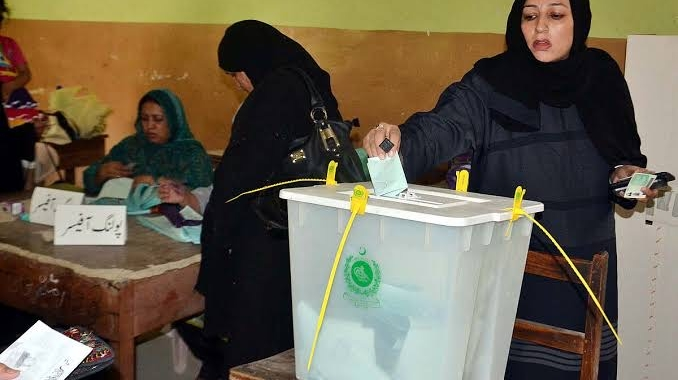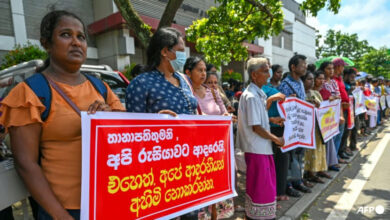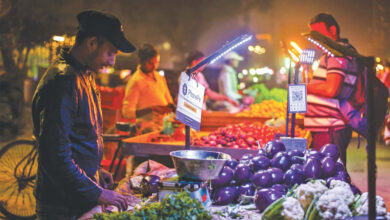World Bank Warns Pakistan of Critical Choices Ahead of General Elections
World Bank officials said Pakistan had been facing numerous economic hardships including inflation, rising electricity prices, severe climate shocks, and insufficient public resources to finance development and climate adaptation.

Islamabad : As Pakistan prepares for upcoming general elections, the World Bank has issued a candid warning to the incoming government, emphasizing that crucial decisions lie ahead. The international financial institution stressed that while international lenders and development partners can provide advice based on global successes and some financial support, the onus of making hard choices and course-correcting decisions ultimately falls on the country itself, as reported by Dawn news.
Najy Banhassine, the Country Director for the World Bank in Pakistan, delivered a sobering assessment in an overview titled “Reforms for a Brighter Future: Time to Decide.” Banhassine noted that policy decisions in Pakistan have often been influenced by strong vested interests, including those of military, political, and business leaders.
Pakistan stands at a critical juncture, facing a decision between persisting as a country with 40 percent of its population living below the poverty line, dominated by elite capture, and policy decisions driven by influential vested interests, or charting a new course toward a brighter future.
The World Bank pointed out that Pakistan has been grappling with various economic challenges, including inflation, rising electricity prices, severe climate shocks, and inadequate public resources for development and climate adaptation. Additionally, Pakistan faces a ‘silent’ human capital crisis, marked by high child stunting rates, poor learning outcomes, and elevated child mortality. Notably, poverty reduction efforts that showed promise until 2018 have since reversed.
Moreover, the World Bank highlighted that Pakistan’s average real per capita growth rate between 2000 and 2020 was only 1.7 percent, significantly below that of South Asian countries and similar economies. Human development outcomes in Pakistan lag behind South Asia and are akin to many sub-Saharan African nations. These disparities disproportionately affect girls and women, with almost 40 percent of children under five experiencing stunting, and Pakistan having the highest number of out-of-school children globally at 20.3 million.
To address these challenges, the World Bank proposed shifting policies to focus on coordinated, efficient, and adequately funded service delivery, prioritizing the most vulnerable populations. Additionally, it recommended reallocating public expenditures from wasteful and inflexible spending to targeted investments in public services, infrastructure, and climate adaptation.
The depreciation of the Pakistani Rupee (PKR) to a record low against the US dollar was also noted, with the currency touching PKR 299.64 in the interbank market. Import restrictions imposed in 2022 to stabilize foreign reserves had been eased starting in June under an International Monetary Fund (IMF) loan program, contributing to the currency’s depreciation.
As Pakistan navigates its economic challenges, political tensions, and historically high inflation and interest rates, the country’s leadership faces the daunting task of implementing critical economic reforms to address its financial crisis.
Pakistan’s economic situation has been described as one of its most severe crises in decades, marked by soaring inflation and dwindling foreign exchange reserves. The conditions imposed by the IMF, including additional taxes and reduced expenditures, have added complexity to the country’s path to economic recovery.


![Mumtaz Zahra Baloch, spokesperson for Pakistan's Foreign Ministry, says the country believes in constructive dialogue with the US [Courtesy of Pakistan Ministry of Foreign Affairs]](https://southasiancorrespondent.com/wp-content/uploads/2024/06/pak-1-390x220.jpg)

